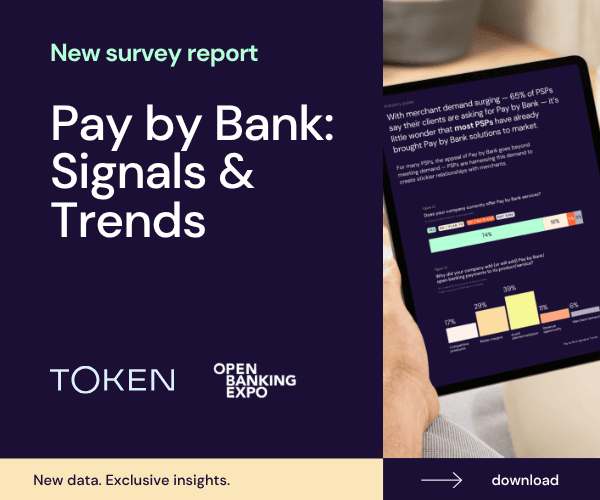The Bank of England has set out its approach to innovation in retail payments, including account-to-account (A2A) payments, and emphasised the need for the UK retail payments systems to be interoperable with “overseas equivalents” in a new discussion paper.
The central bank has published its “response to the changing payments and settlement landscape going forward”, singling out innovation, and effective governance and funding as two of its policy outcomes in retail payments.
In the section of the paper covering the overall outcomes the Bank seeks to pursue in retail payments it stated that, in the past few decades, innovations have “transformed the way we use money to make payments”.
“Recent technological developments are likely to transform this even further, including in increased demand for account-to-account payments at the point of sale,” the Bank said.
The BoE has said that the UK’s retail payments ecosystem should include access to a diverse landscape “such that there are alternative forms of payment to those currently in existence (such as credit and debit cards), including the ability to make account-to-account payments to businesses at the point of sale in a broad range of use cases”.
Token.io wrote in a post on LinkedIn: “We’re pleased to see the Bank of England’s new discussion paper on its approach to innovation in money and payments endorse the potential of A2A payments to drive choice and innovation in retail payments.”
Token said that account-to-account payments, which are often called Pay by Bank, are “key to a diverse retail payment landscape”.
Taking stock
In the same section on innovation as an outcome, the central bank addressed the requirement for functionality so that UK retail payments systems can communicate and interoperate with overseas equivalents in cross-border payments, with “efficiency” achieved through common standards, including in messaging and the tackling of legal and regulatory barriers.
“UK payment systems need to upgrade to the latest messaging standards that support interlinking with other countries’ faster payments systems,” the BoE stated.
The central bank identified effective governance and funding as one of four policy outcomes in retail payments, stating that regulations must “keep pace” with a “changing consumer landscape”.
In the paper, it pointed to the need to tackle authorised push payment (APP) scams through better prevention and detection “as well as appropriate consumer protection arrangements”.
In his foreword, Andrew Bailey, governor of the BoE, wrote: “The rapid pace of change in recent years makes this an opportune moment to take stock. The discussion paper we are publishing today sets out an approach for how we plan to engage with these changes to meet our objectives.
“As part of this, we want to prompt wide-ranging engagement on the way ahead and seek input on a number of important issues.”
HM Treasury is expected to publish its National Payments Vision in due course, which will set out the government’s overall ambition for UK payments and will be a direct response to the independent Future of Payments Review, chaired by Joe Garner and delivered in November 2023.
The BoE committed to working closely with HM Treasury, the Payment Systems Regulator, the Financial Conduct Authority and the industry to deliver the outcomes identified, both in the discussion paper published today (30 July), and the National Payments Vision once published.
Further reading: Can Faster Payments unseat debit card payments in the UK?
At Open Banking Expo UK & Europe 2024, the Payments and Retail Stage will feature content across 15-16 October – to find out more about the agenda, speaker line-up and to get your ticket, click here.











